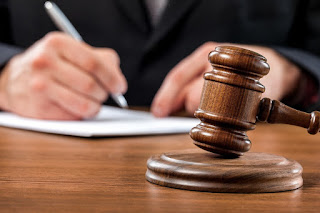How Can a Court Process Server Help you?

Are you stuck with a court case? It is a jeopardy that you need to handle with care. Court Process Server helps you manage the court activities like personalized hand-delivery of documents like the summons, subpoenas and other legal orders. They are familiar to legal practices and can deliver the documents right to your address without any delays . Court order servers are legally sound and give you a thorough insight into the law offices and courts. It plays a crucial part in managing records and legal proceedings. Court process server: Job role and how they serve you? Here is an analysis of the core responsibilities managed by the court order server. · Delivering legal documents- The court process server's primary duty is to deliver legal documents to the people involved in court cases. And the legal papers could comprise subpoenas, summons and other restraining orders. They deliver the document with the confirmation and signature of the recipient...
